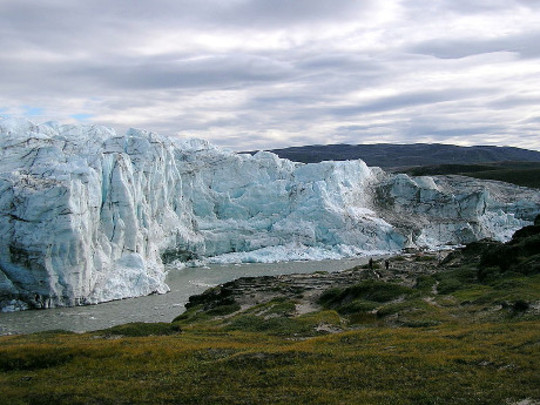
Greenland’s icesheet is melting, at the surface and at its base. Don’t worry: it isn’t global warming that is thawing the base of the Greenland ice cap. It is just the normal warmth of an active rocky planet.

Marine species are leaving waters near the Equator and heading for cooler seas nearer the poles ten times faster than creatures which live on land, scientists have found.
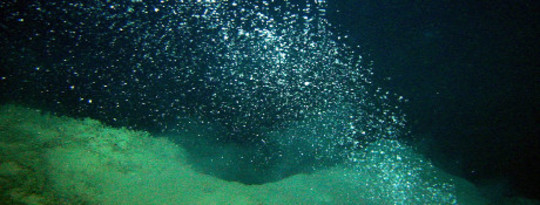
Melting permafrost is one of those "wild cards" that might define a runaway climate tipping point. Permafrost is mainly frozen "old" vegetation from a time when the world was much warmer.
- By Tim Radford

The melting of the Arctic icecap has become so fast and so certain that researchers can now confidently predict when the ocean will become ice-free, to within four years.
- By Tim Radford
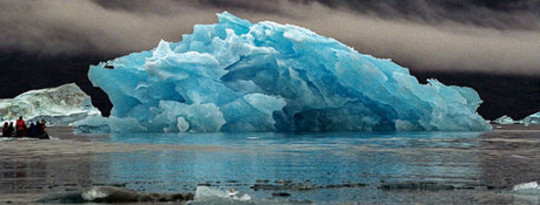
New research shows that glaciologists still cannot say for certain whether the Earth’s north and south polar ice is melting faster as the years pass.
- By Tim Radford
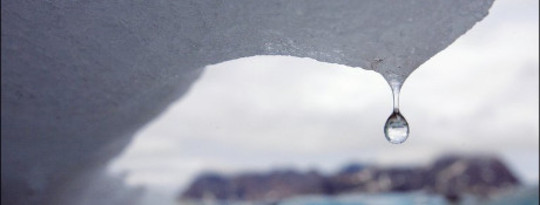
The forensic search for the mysterious agent that almost melted Greenland goes on. The latest suspect to be rounded up for questioning is the jet stream, according to scientists in Sheffield, in the UK.
- By Tim Radford
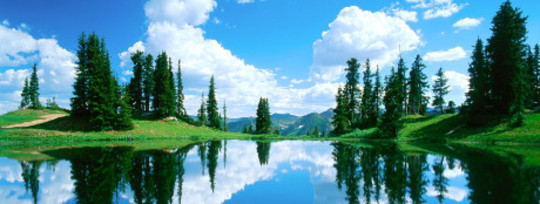
On both sides of the Atlantic scientists studying lakes have discovered they are warming – and this is bad news both for water quality and the fish. The Alpine lakes of Austria are warming up. By 2050, their surface waters could be up to 3°C warmer, according to new research in the journal Hydrobiologia.
- By Tim Radford
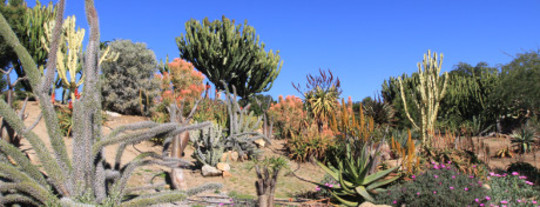
New study predicts a big jump in foliage growth in arid regions as carbon dioxide levels increase.Australian scientists have solved one piece of the climate puzzle. They have confirmed the long-debated fertilization effect.
- By Kieran Cooke
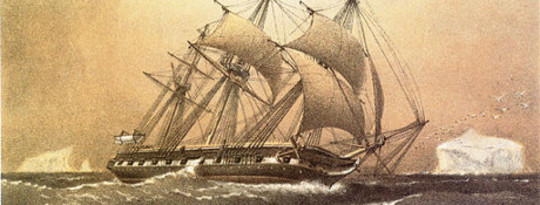
Indications the rate of warming in oceans is greater than previously thought. Now scientists are using data collected during the Challenger’s four year expedition to try to understand the heat content of the oceans.
- By Paul Brown
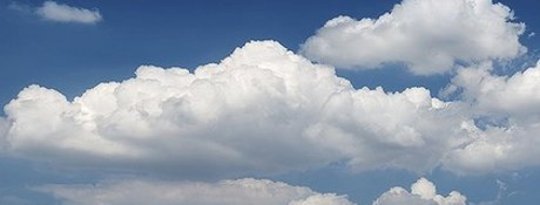
The ability of clouds to reflect sunlight back into space and so help to cool the Earth appears to have been over-estimated, researchers say, in a study especially significant for major polluters.
- By Alex Kirby
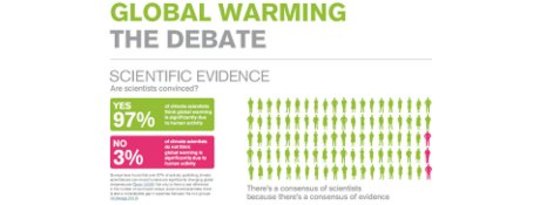
A study of thousands of peer-reviewed scientific articles on climate change has found almost unanimous agreement among the authors that most of the recent warming has resulted from human activities.
- By Tim Radford
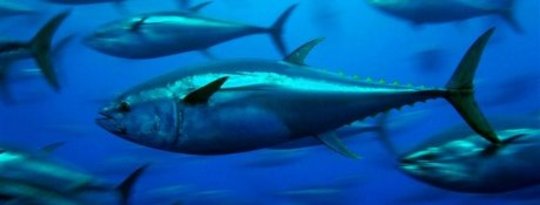
Scientists have wrestled for years with the problem of detecting evidence of climate change in the oceans. Now a Canadian team has found a way to do so: by working out what temperatures suit different fish species.
- By Alex Kirby
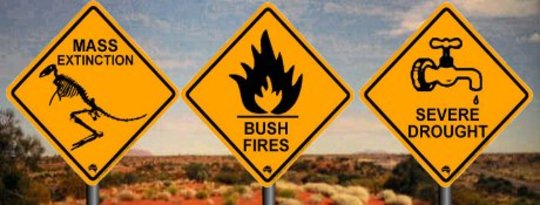
The year just past confirmed the Earth’s warming trend, which will continue and is reason for concern, says the World Meteorological Organisation.
- By Tim Radford
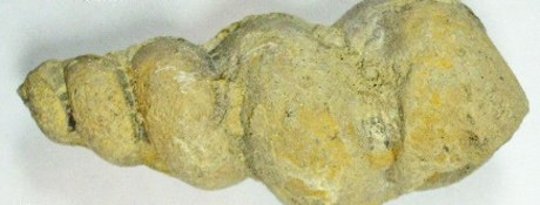
The fossilized remains of snails are helping scientists to understand how a fall in carbon dioxide levels signaled the start of a far colder and quite different climate.
- By Tim Radford

Floods will become a greater menace in China as warming continues. Work by Chinese scientists which confirms that greenhouse gases are affecting temperatures in the country may prompt more domestic political action to reverse the trend.
- By Paul Brown

Within the last three decades the glaciers of the tropical Andes have receded by between nearly a third and a half, scientists say – with the warming of the Pacific to blame.
- By Alex Kirby
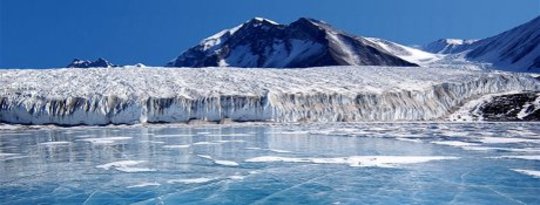
Many of the Canadian far north’s glaciers are likely to have melted by the end of the century, researchers believe, making significant sea-level rise inevitable.
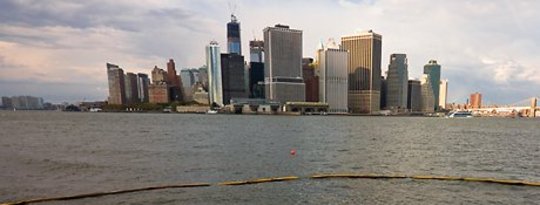
We can’t immediately link Hurricane Sandy itself to climate change, says climate scientist Cynthia Rosenzweig, but the flooding damage we can. Partly due to global warming, sea level has climbed about a foot in the NYC area over the past century, giving storm surges a “step up” along the coast.

As parts of Central America and the U.S. Southwest endure some of the worst droughts to hit those areas in decades, scientists have unearthed new evidence about ancient dry spells that suggest the future could bring even more serious water shortages.
- By R Jennings

If global warming is caused by humans and that cause has a signature that scientists can point to in the debate, then the scales tip further for increased global action. Jeff Severinghaus, a climate researcher says his new study...
- By Staff

One of the ways we can tell how climate is changing is how other living things adapt. Whether it is the sugar maple tree or the swallowtail butterfly, even the most casual observer detects the differences. These changes, as well higher or lower temperatures, occur as you move north and south and as elevation changes.
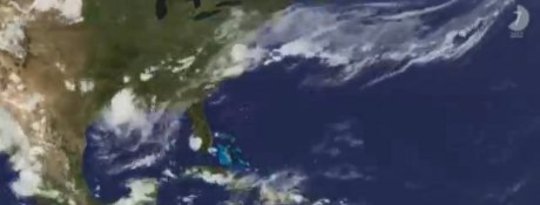
On a statewide and seasonal level, 2012 was a year of both temperature and precipitation extremes for the United States. Each state in the CONUS had annual temperatures which were above average. Nineteen states had annual temperatures which were record...
















